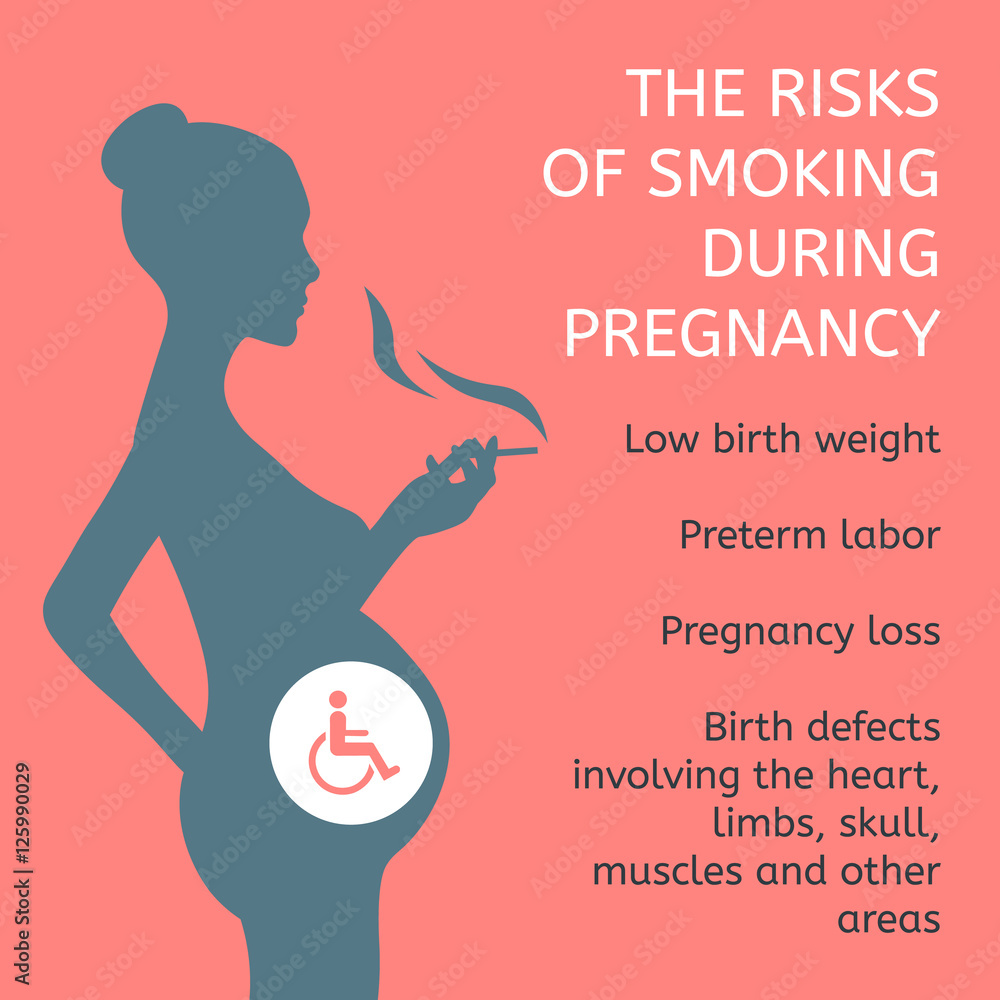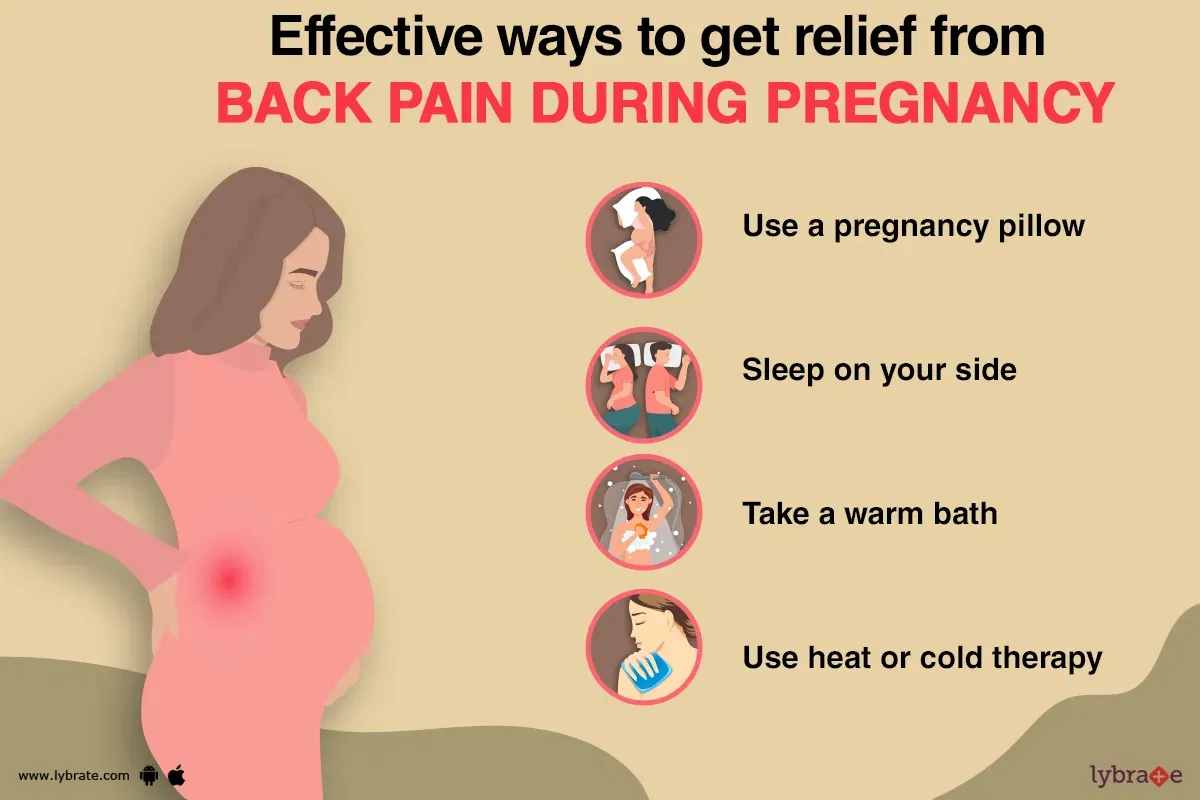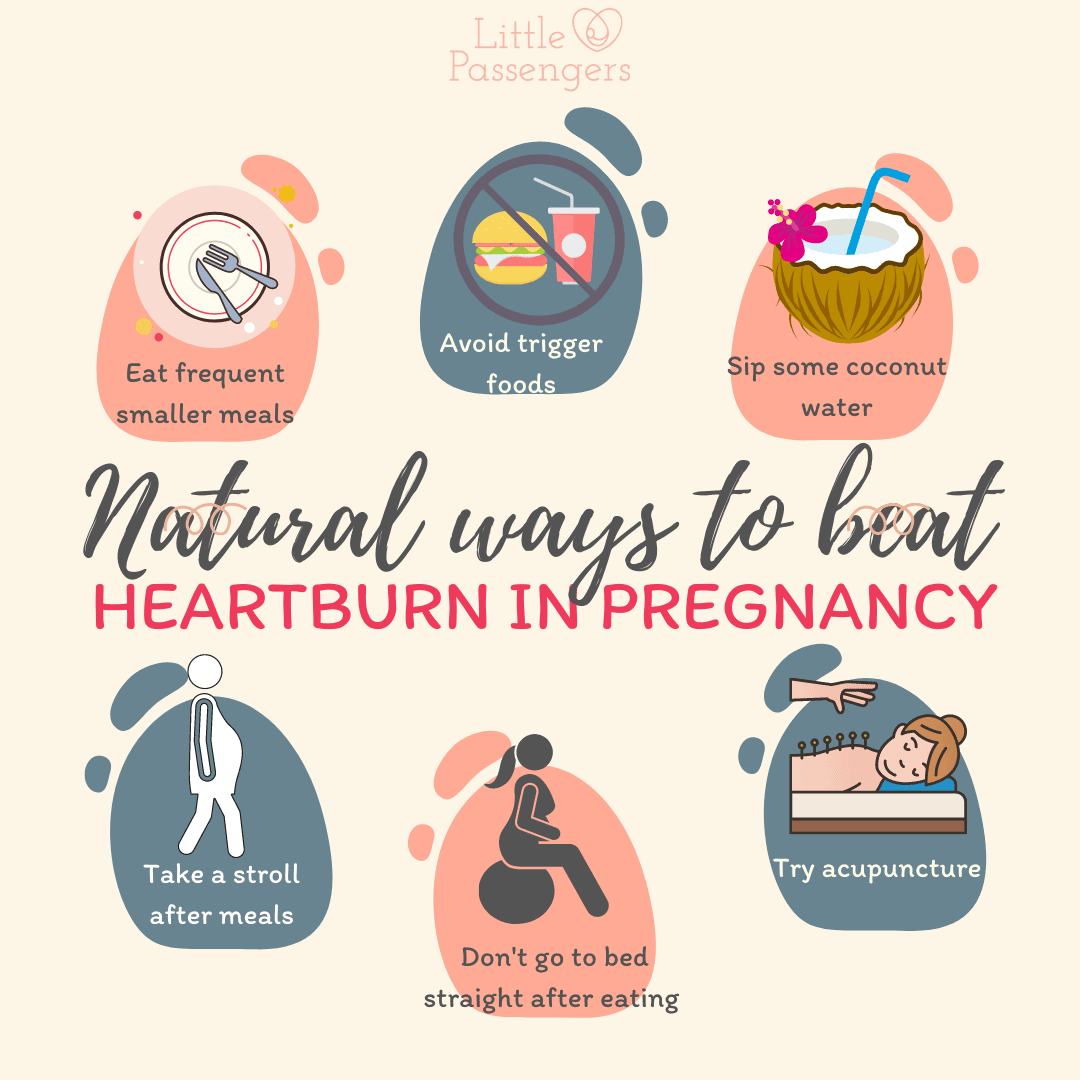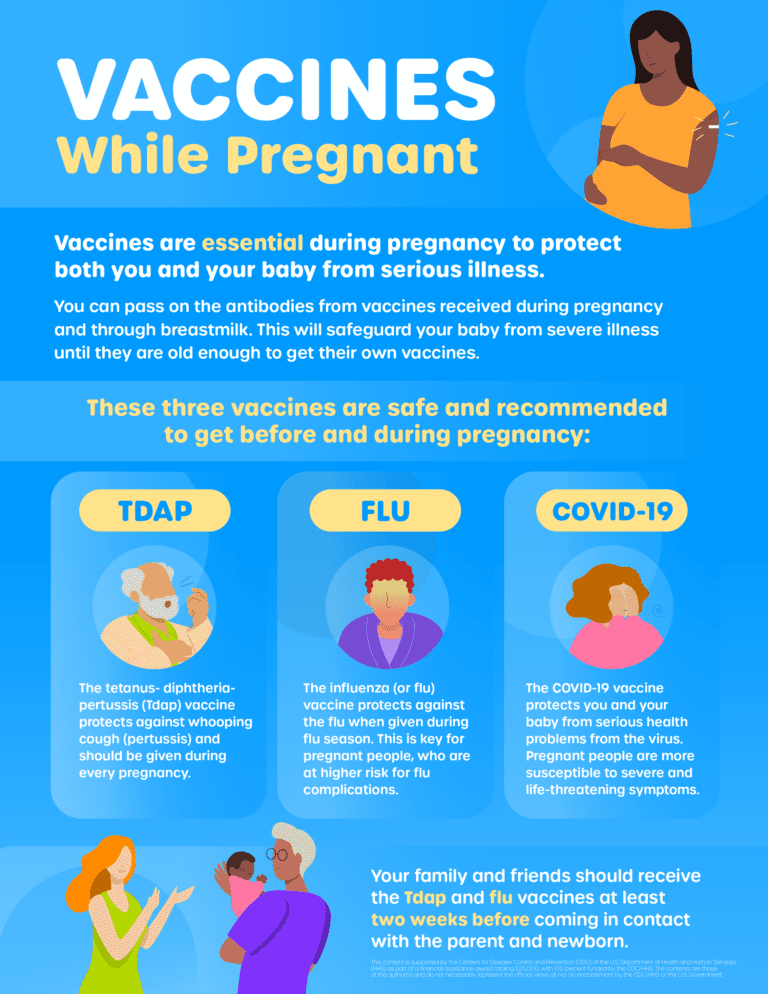Can I Use Airborne While Pregnant

For expectant mothers navigating the already complex landscape of pregnancy, even seemingly innocuous over-the-counter remedies can raise a multitude of questions and concerns. A common query that surfaces, particularly during cold and flu season, is: "Can I use Airborne while pregnant?" The answer, unfortunately, isn't a straightforward yes or no, requiring careful consideration and consultation with healthcare professionals.
This article aims to provide a comprehensive overview of the available information regarding Airborne use during pregnancy, examining its ingredients, potential risks, and expert recommendations. The goal is to empower pregnant individuals with the knowledge necessary to make informed decisions about their health and the well-being of their developing child.
Understanding Airborne and Its Ingredients
Airborne is a popular dietary supplement marketed to boost the immune system and prevent or shorten the duration of colds. It typically comes in the form of effervescent tablets, gummies, or chewable tablets. Its key ingredients often include high doses of vitamins, such as Vitamin C, Vitamin A, and Vitamin E, as well as minerals like zinc and selenium, and a blend of herbs.
While these nutrients are generally considered safe in recommended dietary amounts, Airborne often contains levels that significantly exceed the recommended daily intake. This is where the potential concerns for pregnant women arise, as excessive intake of certain vitamins and minerals can pose risks to both the mother and the developing fetus.
Potential Risks During Pregnancy
During pregnancy, the body undergoes significant physiological changes, and nutrient requirements are altered. While some vitamins and minerals are crucial for fetal development, exceeding recommended dosages can lead to adverse effects. For example, excessive Vitamin A intake has been linked to birth defects. It’s crucial to talk to your doctor before taking any supplement.
Furthermore, some herbal ingredients found in Airborne haven't been thoroughly studied for safety during pregnancy. The lack of robust scientific evidence makes it difficult to definitively assess the potential risks associated with their use. Therefore, the general recommendation is to err on the side of caution.
The Office of Dietary Supplements (ODS) at the National Institutes of Health (NIH) emphasizes the importance of consulting with a healthcare provider before taking any dietary supplement during pregnancy. They highlight that "some supplements may interact with medications or have harmful effects, especially if taken in large doses."
Expert Recommendations and Guidelines
Most healthcare professionals advise pregnant women to avoid taking Airborne unless specifically recommended by their doctor. This recommendation stems from the high doses of certain vitamins and the lack of sufficient safety data on the herbal components.
Instead of relying on Airborne, healthcare providers often recommend focusing on a balanced diet rich in fruits, vegetables, and whole grains to support the immune system. Adequate rest, hydration, and stress management are also crucial for maintaining overall health during pregnancy.
If a pregnant woman is experiencing cold or flu symptoms, she should consult her doctor for appropriate treatment options. Safe and effective remedies, such as saline nasal sprays, rest, and acetaminophen (Tylenol) for fever, are often recommended.
What the Manufacturers Say
Manufacturers of Airborne often include disclaimers on their product packaging stating that pregnant or breastfeeding women should consult their healthcare provider before use. This advisory reflects the lack of comprehensive safety data and the potential risks associated with exceeding recommended nutrient intakes during pregnancy.
It's important for consumers to carefully read and understand these warnings before using any over-the-counter supplement. While companies may highlight the immune-boosting benefits of their products, they are also legally obligated to disclose potential risks and contraindications.
Navigating Cold and Flu Season During Pregnancy
Pregnancy weakens the immune system; therefore preventative measures are key. To minimize the risk of infection during pregnancy, expectant mothers should practice good hygiene, including frequent handwashing, avoid close contact with sick individuals, and consider getting a flu shot, which is generally considered safe and recommended during pregnancy.
The Centers for Disease Control and Prevention (CDC) strongly recommends that pregnant women receive the inactivated influenza vaccine (flu shot) to protect themselves and their babies from the flu. The flu can lead to serious complications during pregnancy, including premature labor and delivery.
Furthermore, open communication with your healthcare provider is paramount. They can provide personalized recommendations based on your individual health history, dietary needs, and any specific concerns you may have. They can also suggest prenatal vitamins that are designed for pregnancy.
Conclusion: Informed Choices for a Healthy Pregnancy
The question of whether to use Airborne during pregnancy requires careful consideration and consultation with a healthcare professional. While the supplement is marketed to boost the immune system, its high doses of certain vitamins and the lack of safety data on its herbal ingredients raise potential concerns for pregnant women.
Prioritizing a balanced diet, practicing good hygiene, and consulting with a doctor about safe and effective remedies are crucial steps for maintaining health and well-being during pregnancy. By making informed choices and seeking expert guidance, expectant mothers can help ensure a healthy pregnancy and a safe delivery for their babies.
Ultimately, the decision of whether or not to use Airborne during pregnancy rests with the individual and their healthcare provider. However, understanding the potential risks and benefits, and prioritizing evidence-based recommendations, is essential for making a responsible and informed choice.














![Can I Use Airborne While Pregnant Is Airborne Keto Friendly? [Carbs in Airborne Explained] - The Keto Eater](https://theketoeater.com/wp-content/uploads/2022/08/Can-I-Use-Airborne-On-Keto-683x1024.jpg)



